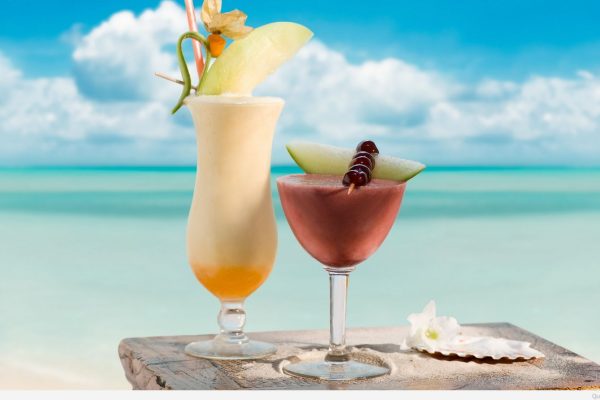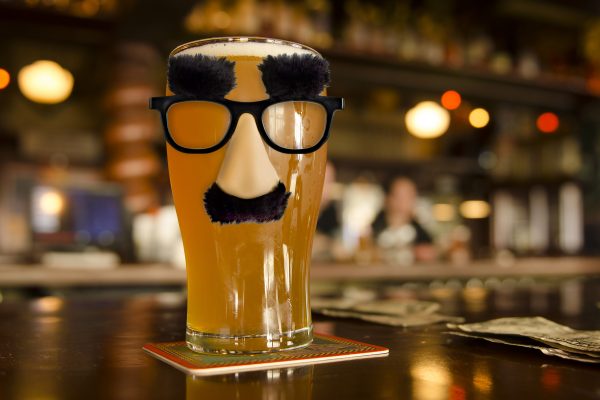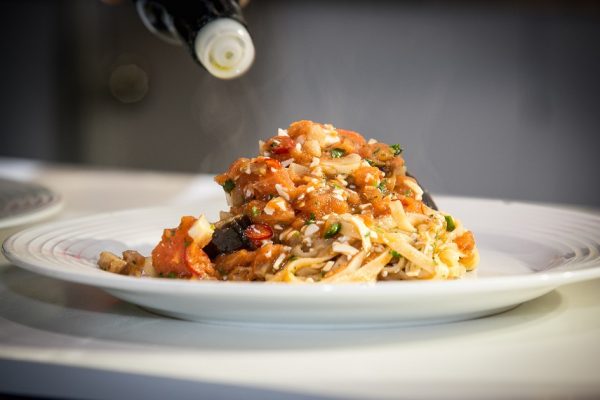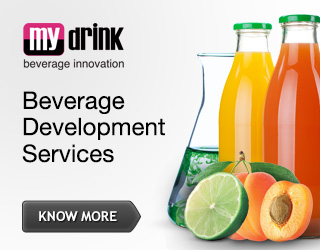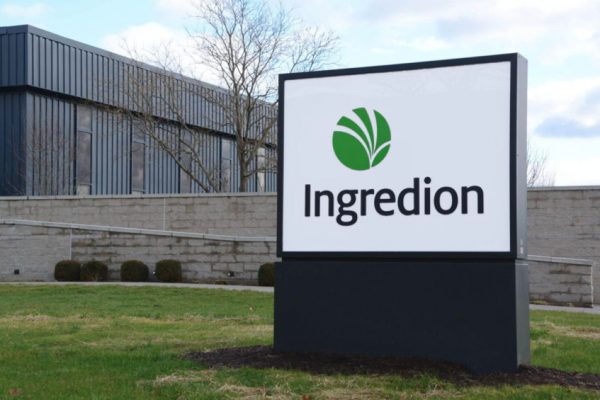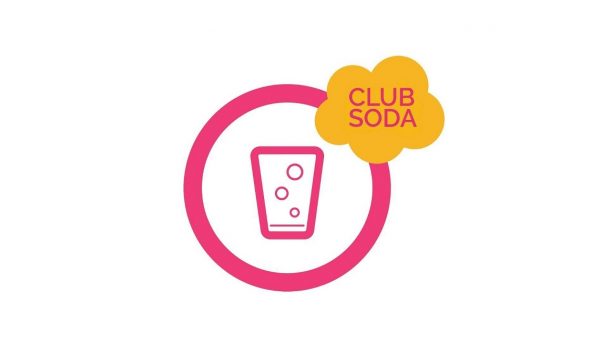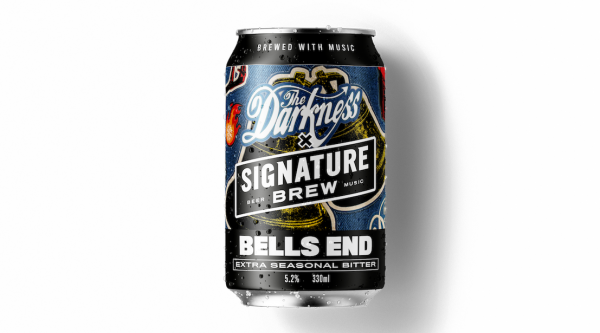How To
Global Beverage Trends for 2018
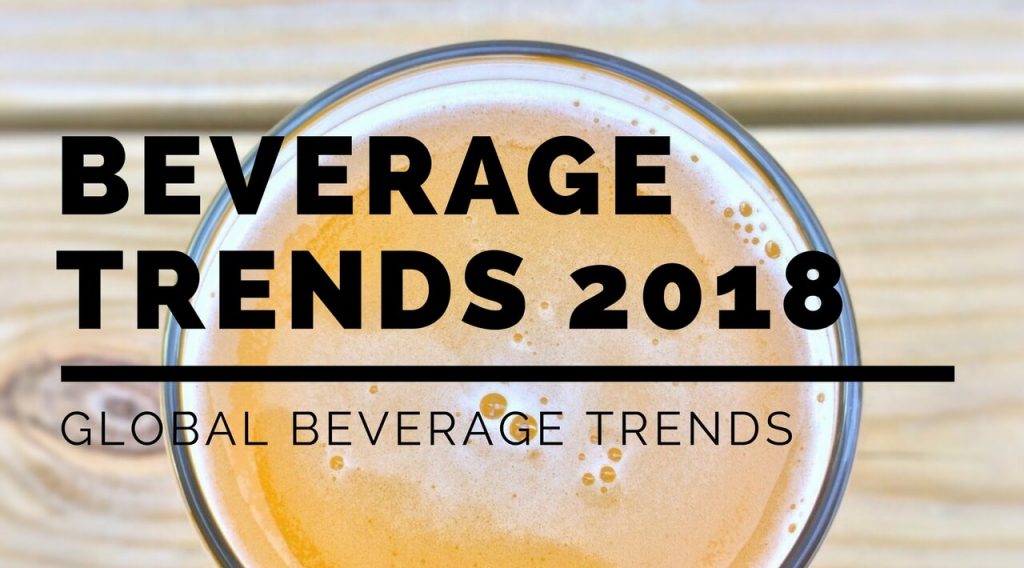 All the FMCG-type products trending lately are those related to the consumer lifestyle. It is getting more and more popular to become a busy workaholic, to go to the gym, to live an allergen-free / vegan lifestyle or to get rid of unhealthy products, such as alcohol. All these trends are affecting the consumption of certain products.
All the FMCG-type products trending lately are those related to the consumer lifestyle. It is getting more and more popular to become a busy workaholic, to go to the gym, to live an allergen-free / vegan lifestyle or to get rid of unhealthy products, such as alcohol. All these trends are affecting the consumption of certain products.
For the past five years, we can see dozens of influencers online who are sweating in the gym to form a so-called perfect body. These influencers and bloggers are spreading the trend of the body cult all around the globe. Everyone wants to reach visible results as fast as possible. This can be done with the help of functional products. A sports drink with branched-chain amino acids (BCAAs) or essential amino acids (EAAs) can help an athlete get results much faster or a protein drink can help them grow muscles faster.
It is well known that amino acids are the main ingredient in muscles. They play very specific key roles in health and performance in human physiology and help athletes not only retain muscle but also burn fat. Proteins are made up of both essential and non-essential amino acids that can be used by the body for a plethora of benefits. Some of these key benefits, besides muscle building, include improved mineral absorption and improved focus during exercise. The body must break the protein down into these free-form amino acids in order for them to function. Consuming amino acids in their free form is beneficial since these amino acids can address their function almost immediately.
Branched-chain amino acids include the essential amino acids leucine, isoleucine, and valine. They are very popular among strength athletes, yet there is strong evidence validating their use for endurance training and racing as well. Numerous research studies have shown these three key amino acids to be extremely important to consume, especially during dieting and exercising. The human body cannot make essential amino acids. As a result, they must come from food. The nine essential amino acids are histidine, isoleucine, leucine, lysine, methionine, phenylalanine, threonine, tryptophan, and valine. Having EAAs in a drink helps an athlete to consume the necessary amount of these essential functional ingredients in order to enable faster muscle formation and to achieve higher endurance.
Sugar content is a very hot topic all over the globe
The only negative aspect of these functional ingredients is that combinations containing the EAAs have a very strong and specific aftertaste. There are ways to overcome this problem using a sweetener. Usually, sports drinks are supposed to have as few kcal as possible, so artificial sweeteners are the best option to provide a strong and sweet taste, which could also help to cover up the unpleasant aftertaste.
Protein-based beverages are another very popular type of drink among athletes. One of the most popular protein sources is whey protein. It is thought to be the best form of protein for the body to digest and use. Whey protein is rich in glutamine and BCAAs. Protein itself has a specific taste and has a tendency to form a dry feeling in the mouth, so the sweeter the final drink is, the more pleasant its taste is. However, those who are consuming such beverages are very much into calculating the Kcal. Therefore, there are two ways to go: into artificial sweeteners or into working with more Kcal and natural sweeteners such as stevia or deionized grape juice concentrate. Therefore, at the end of the day, the consumer has to make a decision on the more preferred product – the one with natural sweeteners or the one with less Kcal.
As an alternative to dairy-based protein, we notice more products being launched based on plant proteins, such as soy, oat or rice. The plant-based protein trend is based not only on the popularity of veganism but is also due to the growing number of consumers who are lactose intolerant. Plant protein-based products are mainly called meal replacements, because of their thicker consistency and ability to fight hunger due to high fiber content. A few years ago these beverages were mainly marketed in powder form. However, these days leading brands are creating more consumer-friendly liquid products with a single serving per bottle. This is obviously more comfortable for people in the offices who have the ability to self-prepare a drink using a powder base.
Sugar content is a very hot topic all over the globe, as the world is trying to fight obesity and diabetes with applications of sugar tax on certain products. This trend leads to less sweet beverage categories, such as naturally brewed tea or adult soft drinks.
Naturally brewed tea is becoming a solution for less sweet beverages as consumers are already used to the unsweetened tea made at home, so this is a less shocking experience for soft drink lovers. Tasting an unsweetened or slightly sweetened tea product, you can match the already familiar taste in your previous experience, which does not form negative emotions about the certain product. What’s more, brewing tea naturally leaves the taste of the final product naturally sweeter in comparison with a drink made using tea extracts. In terms of tea types, we can notice the tendency of very generic tea types: green tea and black; however, more people are starting to look for something unique like Yerba Mate, Guayusa or Hibiscus tea.
Adult soft drinks are one more category for less sweet beverage types. The function of these beverages is to substitute for an alcoholic drink. In order to be able to consume it during the whole evening, it has to be not too sweet, so it will be not too difficult to drink more than one serving and it has to be catchy so you would want to drink more of it. Usually such drinks contain something a surprising and unique flavour, for example, spicy ginger, chilli pepper, turmeric, cayenne pepper or a very specific herbal combination. Most of the time, these drinks are carbonated, refreshing and not too intense in terms of a taste profile.
Flavoured water has the most popular beverage across the globe – water – as its main ingredient. Therefore, the tendency of water fortification is growing. We can notice more brands appearing in global markets that are simply flavoured water. The addition of natural flavours to carbonated water – or even carbonated spring water – gives a nice hint of fruit, without any additional Kcal or sugar content. It’s a refreshing upgraded water solution.
Consumers are requiring more attention to be given to higher quality products, with natural and organic signs on the label. This is where craft sodas are taking over a niche in the beverage industry. The idea that small-batch processing provides high-quality refreshments is spot on with consumers. Small batch production and in-house craftsmanship draw on the pressures that push consumers toward organic and natural products. Consumers want organic and natural food options, not only at grocery stores but also at restaurants and from vending machines, too. The main ingredients of craft sodas are juices not from concentrate, including fermented fruit juices or ginger juices, together with some herbal extracts or infusions.
For even stronger unique selling-point propositions, it would be just great to have organic raw materials along with natural sweeteners, flavourings and even acidifiers. An interesting ingredient to mention for this type of beverage is fermented fruit juices. These would give not only fruit content for your beverage but also would provide a very specific taste as well as the natural benefits of fermented products, such as beneficial healthy bacteria that promote gut health and beneficial enzymes.
Overall tendencies from season to season are very slow moving. Well-known products with just slight modifications are making a great influence on beverage categories which have been on the market for ages. Who would have thought that there was still room for upgraded versions of iced tea or lemonade? Sometimes the idea that leads to the most success may look and sound super simple, but a small adjustment can build a massive empire.
Original article was published in Beverage Industry Blog.

